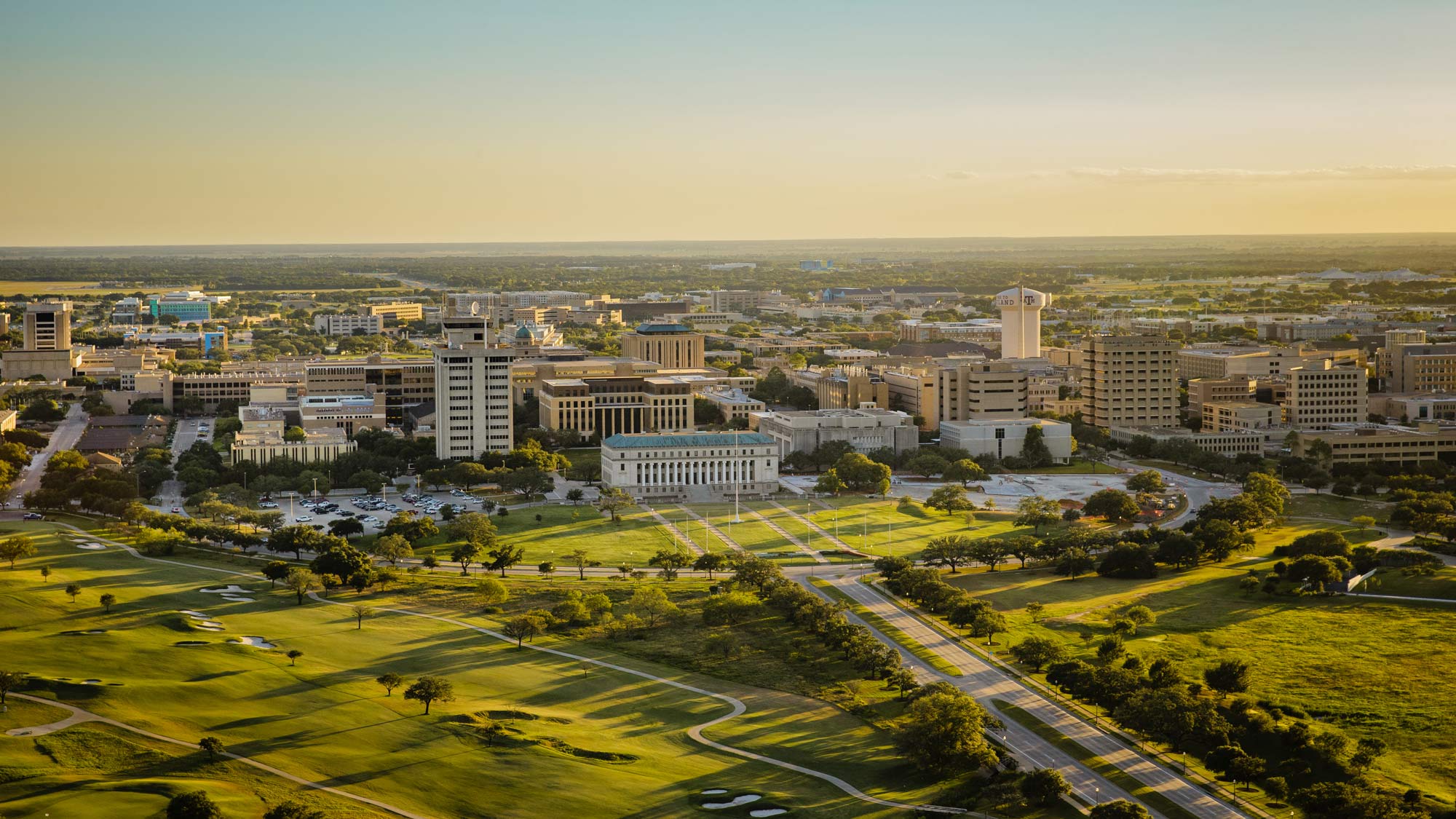
The Conversation
China’s new condom tax will prove no effective barrier to country’s declining fertility rate
 The Conversation • Jan 15, 2026
The Conversation • Jan 15, 2026I have studied China’s demography for almost 40 years and know that past attempts by the country’s communist government to reverse slumping fertility rates through policies encouraging couples to have more children have not worked. I do not expect these new moves to have much, if any, effect on reversing the fertility rate decline to one of the world’s lowest and far below the 2.1 “replacement rate” needed to maintain a stable population.
Trump tariffs and warming India-China ties have silenced the Quad partnership … for now
 The Conversation • Dec 18, 2025
The Conversation • Dec 18, 2025Why the silence? As experts of international institutions and the geopolitics and geoeconomics of the Indo-Pacific, we believe the answers can be found in the calculus of the two largest members involved: India and the U.S.
The housing crisis is forcing Americans to choose between affordability and safety
 The Conversation • Dec 4, 2025
The Conversation • Dec 4, 2025As a professor of urban planning, I know this isn’t just a hypothetical scenario. It’s the impossible choice millions of Americans face every day as the U.S. housing crisis collides with climate change. And we’re not handling it well.
Texas cities have some of the highest preterm birth rates in the US, highlighting maternal health crisis nationwide
 The Conversation • Dec 1, 2025
The Conversation • Dec 1, 2025As a maternal and child health researcher in the U.S., I’m struck by the stubbornly high preterm birth rate here. According to the most recent March of Dimes Report Card on maternal and infant health, released on Nov. 17, 2025, 10.4% of babies in the U.S. were born prematurely in 2024.
Pentagon investigation of Sen. Mark Kelly revives Cold War persecution of Americans with supposedly disloyal views
 The Conversation • Nov 25, 2025
The Conversation • Nov 25, 2025As a historian who studies national security and the Cold War era, I know that McCarthyism wrought devastating social and cultural harm across our nation. In my view, repeating what I believe constitutes social and political fratricide could be just as harmful today, perhaps even more so.
4 urgent lessons for Jamaica from Puerto Rico’s troubled hurricane recovery – and how the Jamaican diaspora could help after Melissa
 The Conversation • Oct 30, 2025
The Conversation • Oct 30, 2025As a researcher who has extensively studied disaster recovery in Puerto Rico after Hurricane María in 2017, I know that the decisions Jamaica makes in the days and weeks following the disaster will shape its recovery for years to come. Puerto Rico’s mistakes following Maria hold some important lessons.
Young mothers in Kenya face a higher risk of giving birth early: study explores why
 The Conversation • Oct 20, 2025
The Conversation • Oct 20, 2025For millions of families in sub-Saharan African countries like Kenya, having a preterm birth is all too common. But one of the challenges the health profession has is that current prevalence and associated factors remain under-explored in countries like Kenya despite their significant public health implications.
As researchers at Texas A&M University who study disaster resilience – including engineering, community planning, coastal geotechnics and hurricane surge modeling – we bring complementary expertise to analyzing this complex discussion. Here are what we see as the key factors for the city to consider.
US touts collaborative plan to tackle Mexico’s drug cartels – but initiative is met with denial and mistrust south of the border
 The Conversation • Sep 19, 2025
The Conversation • Sep 19, 2025My research suggests that over the course of three decades, Mexico’s embrace of America’s punitive — sometimes militarized — antidrug policies strengthened the coercive capacities of the Mexican state, exacerbated crime and were so ineffective in an era of open trade blocs that they hastened the expansion of the drug trade.
Adding more green space to a campus is a simple, cheap and healthy way to help millions of stressed and depressed college students
 The Conversation • Sep 2, 2025
The Conversation • Sep 2, 2025We are scholars who study the impact that the natural environment has on students, particularly in the place where they spend much of their time – the college campus. Decades of research show that access to green spaces can lower stress and foster a stronger sense of belonging – benefits that are particularly critical for students navigating the pressures of higher education.
